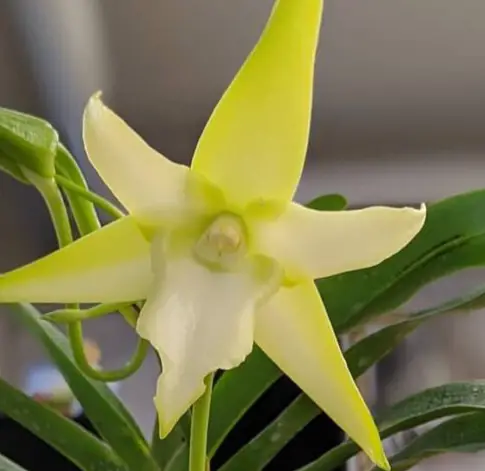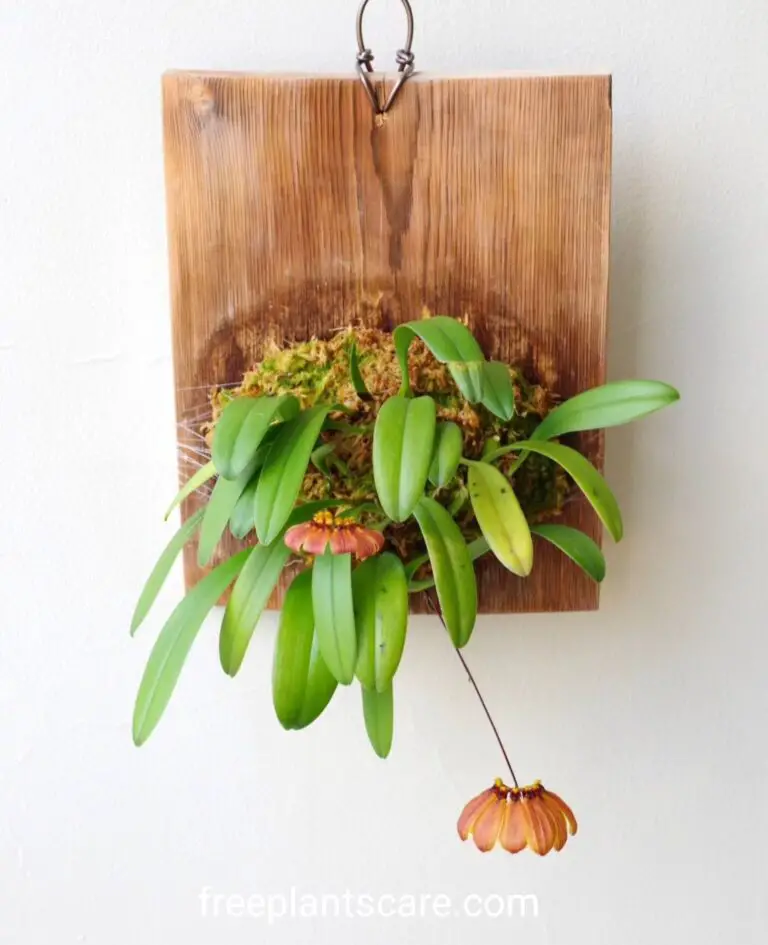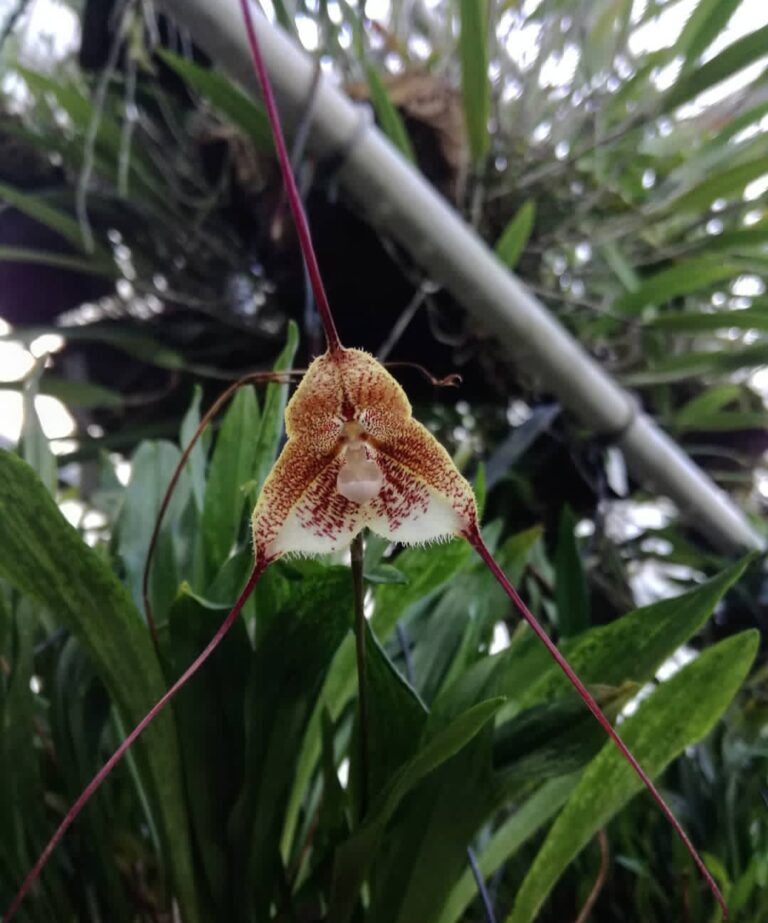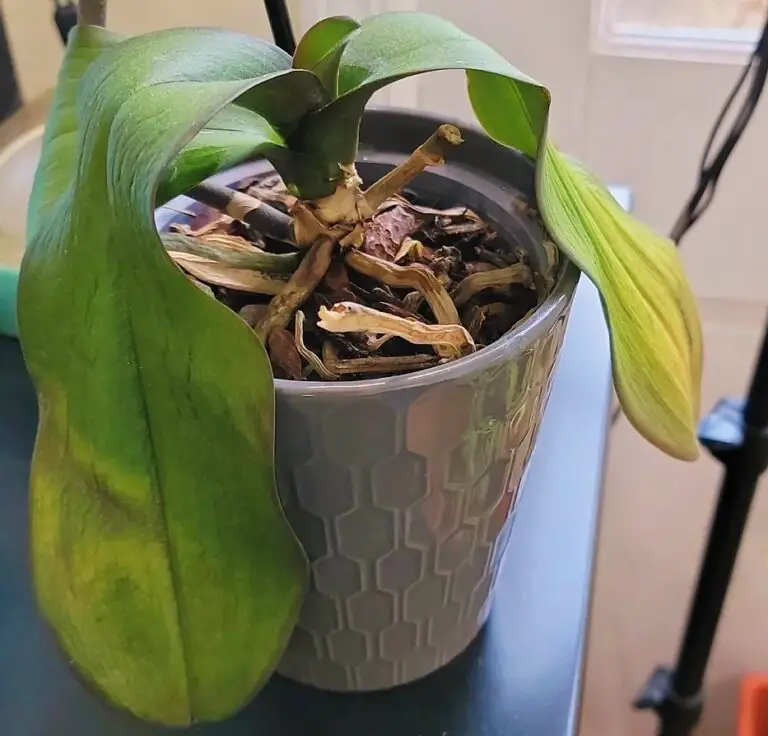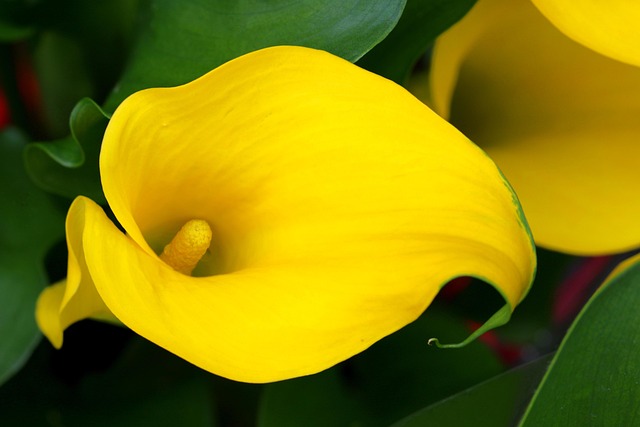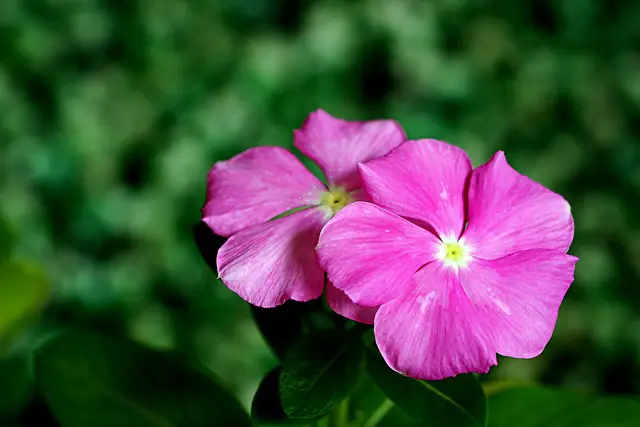Orchids are known for their captivating beauty and exotic charm. The sight of lush green leaves and vibrant flower buds can be incredibly rewarding for any orchid enthusiast. However, there’s nothing more disappointing than watching those promising flower buds wither away before they can bloom. This phenomenon is commonly referred to as “bud blast,” and it can be disheartening for any orchid lover. In this blog post, we’ll explore the top 5 reasons why orchid flower buds dry out or die and, more importantly, how you can prevent it from happening.
WHAT IS ORCHID BUD BLAST?
Orchid bud blast, also known simply as “bud blast,” is a term used in orchid cultivation to describe the phenomenon where flower buds on an orchid plant wither, dry out, or die before they have a chance to bloom. It’s a frustrating occurrence for orchid enthusiasts because it means that the anticipated flowers never fully develop and open.
Several factors can contribute to orchid bud blast, including improper watering, inadequate humidity, temperature fluctuations, insufficient light, or pest and disease infestations. Proper care and attention to these factors are essential in preventing bud blast and ensuring that orchid buds develop into beautiful, fully bloomed flowers.

WHAT CAUSES BUD BLAST?
Orchid bud blast can be caused by several factors, and understanding these factors is crucial for preventing this frustrating phenomenon. Here are some common causes of bud blast in orchids:
Improper Watering:
Overwatering can lead to root rot, which can affect the overall health of the orchid and cause bud blast.
Underwatering can cause stress for the plant, leading to buds drying out and falling off.
Inadequate Humidity:
Orchids are native to tropical environments and require a certain level of humidity to thrive. Low humidity levels can cause the buds to desiccate and fail to develop properly.
Orchids need the right amount of indirect sunlight to develop buds and bloom successfully. Insufficient light can hinder bud development.
Pest and disease infestations:
Pests such as aphids, mealybugs, or scale insects can damage the buds and lead to bud blast.
Fungal or bacterial infections can also affect the health of the orchid buds.
Physiological Stress:
Orchids are sensitive to physical disturbances. Handling them roughly or repotting them at the wrong time can cause stress and result in bud blasts.
Nutrient Imbalance:
A lack of essential nutrients or an imbalance in the fertiliser used can affect bud development and lead to bud blast.
Genetic Factors:
In some cases, certain orchid varieties or hybrids may be more susceptible to bud blast due to their genetic characteristics.
Preventing bud blast involves providing the right care for your orchid, including proper watering, maintaining appropriate humidity, providing consistent temperatures, ensuring adequate light, and regularly inspecting for pests and diseases. By addressing these factors, you can help your orchid produce healthy buds that will eventually bloom into beautiful flowers.
Improper Watering
One of the most common culprits behind orchid bud blasts is improper watering. Orchids are sensitive to overwatering and underwatering. When you water your orchid too frequently or allow it to sit in stagnant water, the roots may rot, leading to bud blast. On the flip side, if you neglect to water your orchid adequately, it can result in the buds drying out and falling off. Finding the right balance is crucial. Ensure that the potting mix drains well, and water your orchid only when the top inch of the potting mix feels dry.
Inadequate Humidity:
Orchids are native to tropical regions and require a certain level of humidity to thrive. Low humidity levels can lead to bud blast, as the buds may desiccate and fail to develop properly. To combat this, consider using a humidity tray, a humidifier, or misting your orchid regularly to maintain the ideal humidity level of around 50–70%.
Temperature Fluctuations:
Orchids are sensitive to extreme temperature fluctuations. Rapid changes in temperature can stress the plant and cause bud blasts. Make sure your orchid is placed in a stable environment with consistent temperatures. Avoid exposing it to drafts or sudden temperature drops.
Inadequate Light:
Insufficient light can hinder orchid bud development. Orchids need a good amount of indirect sunlight to bloom successfully. Place your orchid in a location where it receives bright, filtered light, but avoid direct sunlight, which can scorch the leaves and buds. If you notice your orchid isn’t getting enough light, consider using artificial grow lights to supplement its needs.
Pest and disease infestations:
Pests and diseases can wreak havoc on your orchids, leading to bud blast, among other issues. Regularly inspect your orchid for signs of pests like aphids, mealybugs, or scale insects. Also, be vigilant for any signs of fungal or bacterial infections. If you spot any problems, address them promptly with appropriate treatments to protect your orchid and its buds.
Orchid bud blast can be a frustrating experience, but it’s often preventable with proper care and attention. By understanding the common reasons behind bud blast and taking steps to address them, you can help your orchid thrive and enjoy the breathtaking blooms it has to offer. Remember that patience and consistency are key when it comes to orchid care, and your efforts will be rewarded with the stunning blossoms these exotic plants are known for.
HOW TO STOP ORCHID BUD BLAST
Stopping orchid bud blast requires careful attention to the factors that contribute to this frustrating phenomenon. Here are some steps you can take to prevent and stop orchid bud blast:
Proper Watering:
Water your orchid when the top inch of the potting mix feels dry to the touch. Use a well-draining potting mix to prevent overwatering.Make certain the pot has drainage holes that will allow any extra water to drain.
Avoid letting your orchid sit in standing water, as this can lead to root rot and bud blast.
Humidity Control:
Maintain adequate humidity levels for your orchid, ideally between 50 and 70%. You can achieve this by using humidity trays, humidifiers, or misting the orchid regularly
Temperature Stability:
Keep your orchid in a stable, temperature-controlled environment. Avert exposing it to chilly draughts or sharp temperature changes.
Proper Lighting:
Put your orchid in a spot that receives plenty of bright, indirect light.. Ensure it gets the right amount of light for its specific type (e.g., high-light or low-light orchid) to encourage bud development.
Pest and Disease Management:
Regularly inspect your orchid for signs of pests and diseases. If you notice any issues, address them promptly with appropriate treatments, such as neem oil for pests or fungicides for fungal problems.
Gentle Handling:
Handle your orchid gently to avoid physical stress, which can lead to bud blast. Avoid moving or repotting it unnecessarily.
Proper Fertilisation:
Use a balanced orchid fertiliser and follow the recommended dosage on the label. Avoid over-fertilising, as this can harm the plant and lead to bud blast.
Choose resilient varieties:
Some orchid varieties or hybrids are more tolerant of environmental fluctuations and may be less prone to bud blast. Consider selecting orchids known for their resilience.
Monitor growth and development:
Keep a close eye on your orchid’s growth and the health of its buds. If you notice any signs of bud blast, such as buds drying out or discoloration, take action promptly to address the underlying issue.
By providing the right care and maintaining a stable environment for your orchid, you can significantly reduce the risk of bud blast and ensure that your orchid produces healthy, vibrant blooms. Remember that orchid care may vary slightly depending on the specific type of orchid you have, so it’s essential to research the requirements of your particular orchid species or hybrid.
Causes of the Orchid Bud Blast
Orchid bud blast can be caused by a variety of factors, and understanding these causes is essential for preventing this frustrating phenomenon. Here are some common causes of orchid bud blasts:
Improper Watering:
Overwatering: Orchids are susceptible to root rot if their roots are consistently waterlogged, leading to bud blast.
Underwatering: Lack of adequate moisture can stress the plant, causing buds to wither and die.
Inadequate Humidity:
Orchids, especially tropical varieties, require a certain level of humidity to thrive. Low humidity levels can desiccate buds, preventing them from developing properly.
Lighting Issues:
Insufficient Light: Orchids need appropriate levels of indirect light for proper bud development. Lack of light can hinder bud formation.
Direct Sunlight: Excessive exposure to direct sunlight can scorch the leaves and buds, causing them to dry out.
Pest and disease infestations:
Pests like aphids, mealybugs, or scale insects can damage buds, making them susceptible to bud blast.
Fungal or bacterial infections can affect the health of buds and cause them to deteriorate.
Physical Stress:
Rough handling or repotting at the wrong time can stress the orchid, leading to bud blast.
Nutrient Imbalance:
A lack of essential nutrients or imbalanced fertilisation can affect bud development and result in bud blasts.
Genetic Factors:
Some orchid varieties or hybrids may be more prone to bud blast due to their genetic characteristics.
Environmental Stress:
Sudden changes in the orchid’s environment, such as moving it to a new location or exposure to pollutants, can stress the plant and affect bud development.
To prevent orchid bud blast, it’s crucial to provide your orchid with the right care, including proper watering, humidity control, stable temperatures, suitable lighting, and regular inspections for pests and diseases. By addressing these factors, you can help your orchid produce healthy buds that develop into beautiful, fully blooming flowers.
FAQ
Why are my orchid flowers dry?
Flower buds can dry up due to factors like insufficient moisture, extreme temperatures, pests, or diseases.
When orchid flowers die?
Orchid flowers can become dry due to dehydration, inadequate humidity, or old age.
When orchid flowers die?
Buds may keep dying due to issues like overwatering, underwatering, improper lighting, or pests. For specific advice, please provide more details about your plants.
Why do my buds keep dying?
Buds may keep dying due to issues like overwatering, underwatering, improper lighting, or pests. For specific advice, please provide more details about your plants.

